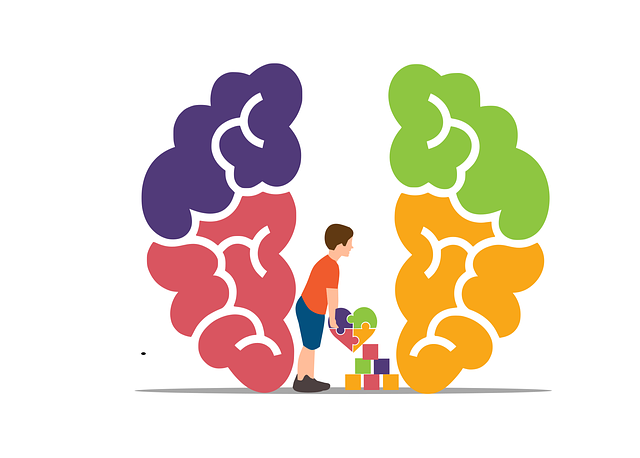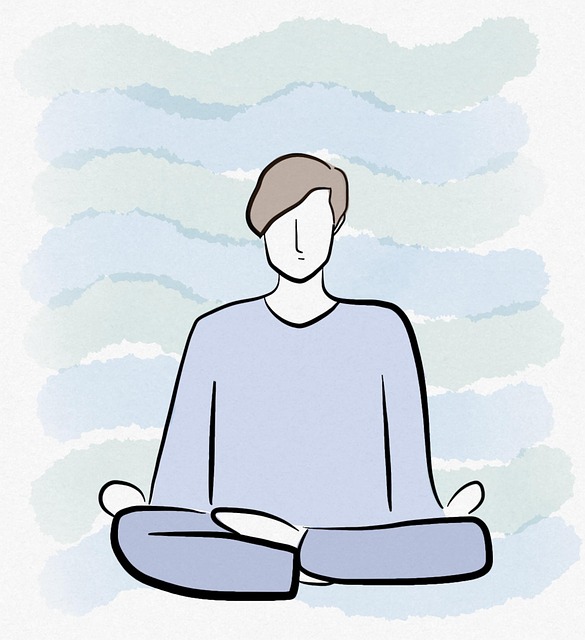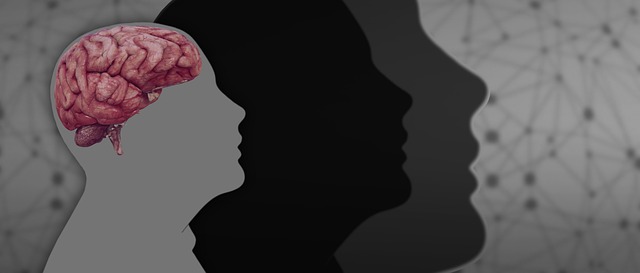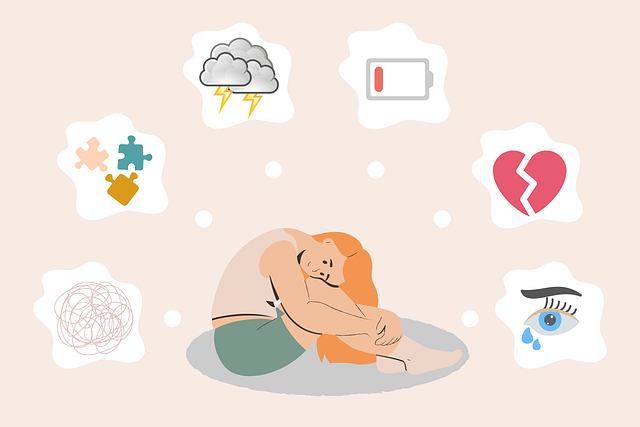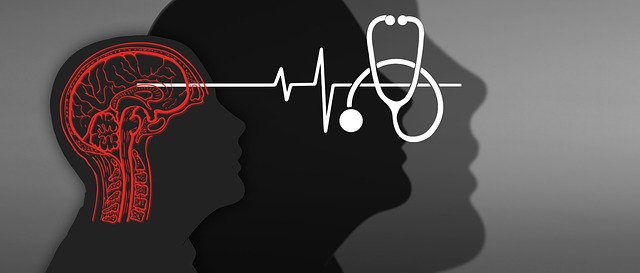Adolescent mental health is a specialized field focusing on unique challenges faced by teens like anxiety, depression, and trauma. Effective group sessions for teens who have experienced child abuse emphasize creating safe spaces, encouraging open discussions, and peer connections through developmentally appropriate activities. Mental wellness coaching programs incorporating journaling and trauma-informed care guide facilitators to meet complex needs, fostering positive mental health outcomes and healing from experiences like domestic violence. Key strategies include active listening, age-appropriate language, group discussions, art therapy, mindfulness meditation, and follow-up care for lasting recovery.
Mental wellness group facilitation plays a pivotal role in fostering resilience among adolescent teens, especially those recovering from trauma or experiencing child abuse. This article delves into the essential techniques for creating supportive environments, encouraging open communication, and implementing therapeutic activities tailored to their unique needs. From understanding foundational mental health concepts to providing long-term support through community resources, these strategies empower facilitators to make a lasting impact on young lives, enabling them to heal and thrive.
- Understanding Adolescent Mental Health and Trauma: A Foundation for Group Facilitation
- Creating a Safe and Supportive Group Environment for Teens
- Effective Communication Techniques to Engage and Empower Youth
- Therapeutic Activities and Strategies for Processing Trauma and Abuse
- Supporting Long-Term Healing: Follow-up and Community Resources
Understanding Adolescent Mental Health and Trauma: A Foundation for Group Facilitation

Adolescent mental health is a critical area that requires specialized approaches due to the unique challenges faced by teens. This demographic often struggles with issues like anxiety, depression, and trauma, which can significantly impact their overall well-being and future development. Understanding adolescent psychology is fundamental for facilitators aiming to lead effective group sessions. Many young individuals have experienced or are at risk of facing traumatic events such as child abuse, domestic violence, or neglect, which can lead to long-lasting mental health consequences if left untreated.
Group facilitation techniques can be a powerful tool in addressing these concerns. By creating a safe and supportive environment, facilitators encourage open discussions, foster peer connections, and provide valuable skills for managing stress and emotions. Mental wellness coaching programs can incorporate developmentally appropriate activities, such as journaling exercises, to help adolescents process their experiences, regulate emotions, and build resilience. This holistic approach, combined with guidance on trauma-informed care, ensures that facilitators are equipped to navigate the complex needs of adolescent participants, ultimately promoting positive mental health outcomes.
Creating a Safe and Supportive Group Environment for Teens

Creating a safe and supportive group environment is paramount when facilitating mental wellness sessions for teens. This begins with establishing trust and fostering an atmosphere where participants feel understood and accepted. It’s crucial to ensure confidentiality, creating a non-judgmental space where sharing personal experiences is encouraged. Incorporating activities that promote active listening, empathy, and open communication helps build a supportive network among peers, allowing them to learn from each other’s strengths and challenges.
Adolescents who have experienced trauma, often stemming from child abuse, require tailored approaches. Techniques such as mindfulness exercises and creative expression can help process and manage complex emotions. Mental wellness coaching programs developed with these considerations in mind can offer effective stress reduction methods and trauma support services, facilitating a sense of safety and empowerment within the group dynamic.
Effective Communication Techniques to Engage and Empower Youth

Effective communication is a cornerstone when facilitating mental wellness groups for youth, especially those who have experienced child abuse. Adolescent teens often struggle with expressing their emotions and sharing personal experiences, making it crucial for facilitators to employ specific techniques to engage them. One powerful strategy is active listening, where the facilitator shows genuine interest by paraphrasing and summarizing what the teen shares, fostering a sense of validation and trust. This encourages youth to open up about their struggles, thoughts, and feelings.
Additionally, using age-appropriate language and relating experiences back to their commonalities can help normalize the teens’ feelings. Facilitators should also incorporate interactive communication strategies like group discussions, role-playing exercises, and art therapy sessions. Public awareness campaigns development focused on mental health can further support these efforts by educating peers, families, and communities about adolescent mental wellness. By promoting Mental Health Awareness, we create a supportive environment where young individuals feel empowered to share their stories and seek the therapy they deserve.
Therapeutic Activities and Strategies for Processing Trauma and Abuse

Group facilitation plays a pivotal role in therapeutic settings, especially when addressing complex issues like trauma and abuse. For adolescent teens who have experienced child abuse, group therapy sessions can be transformative. Facilitators can employ various activities to create a safe and supportive environment where participants feel empowered to share their stories and process these traumatic events. One effective technique is encouraging peer support through the development of Mental Wellness Coaching Programs, fostering a sense of community and understanding.
Therapeutic activities may include mindfulness meditation practices, which help individuals cultivate present-moment awareness and regulate emotions. This strategy not only promotes self-awareness but also provides coping mechanisms for managing flashbacks and triggers. Moreover, group discussions centered around mind over matter principles can empower teens to reframe negative thoughts and beliefs resulting from abuse. Such approaches contribute to the healing process, allowing participants to regain a sense of control and develop healthy coping strategies as they navigate their mental wellness journey.
Supporting Long-Term Healing: Follow-up and Community Resources

Promoting long-term healing for adolescents who have experienced child abuse requires a multifaceted approach beyond initial therapy sessions. Follow-up care and fostering a supportive community are essential components to ensure lasting positive outcomes. Facilitators can play a crucial role in this process by maintaining open lines of communication, offering ongoing guidance, and connecting clients with appropriate resources.
One effective strategy is implementing empathy building strategies that encourage active listening and understanding. Self-Awareness Exercises tailored to the group’s cultural backgrounds can help members process their experiences while promoting cultural sensitivity in mental healthcare practice. This inclusive environment not only strengthens the support system but also empowers adolescents, enabling them to navigate their healing journey with increased resilience and a sense of belonging.
Mental wellness group facilitation offers a powerful approach to supporting adolescent mental health, especially in addressing trauma and child abuse. By creating safe spaces, employing effective communication, and incorporating therapeutic activities, facilitators can empower teens towards healing and long-term well-being. This article has explored essential techniques, from understanding the foundation of adolescent mental health to providing community resources for ongoing support. By implementing these strategies, we can ensure that young individuals receive the necessary tools to navigate and overcome challenges, fostering a healthier future for all.
